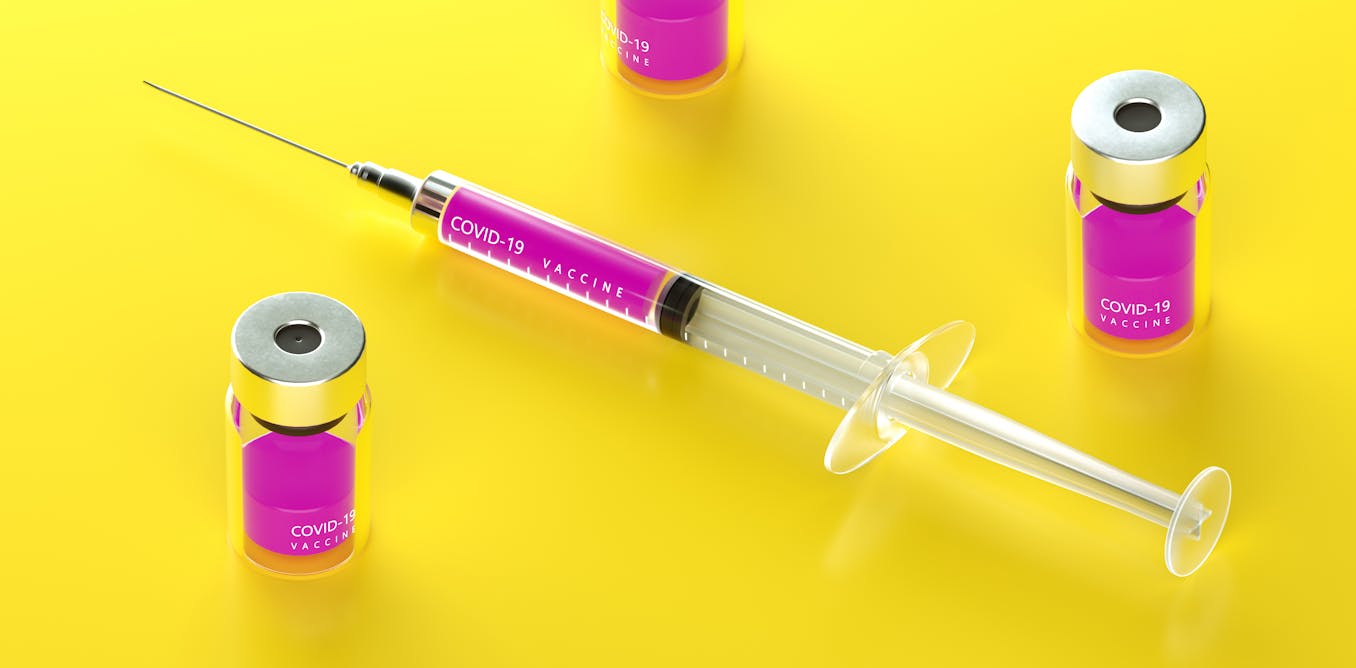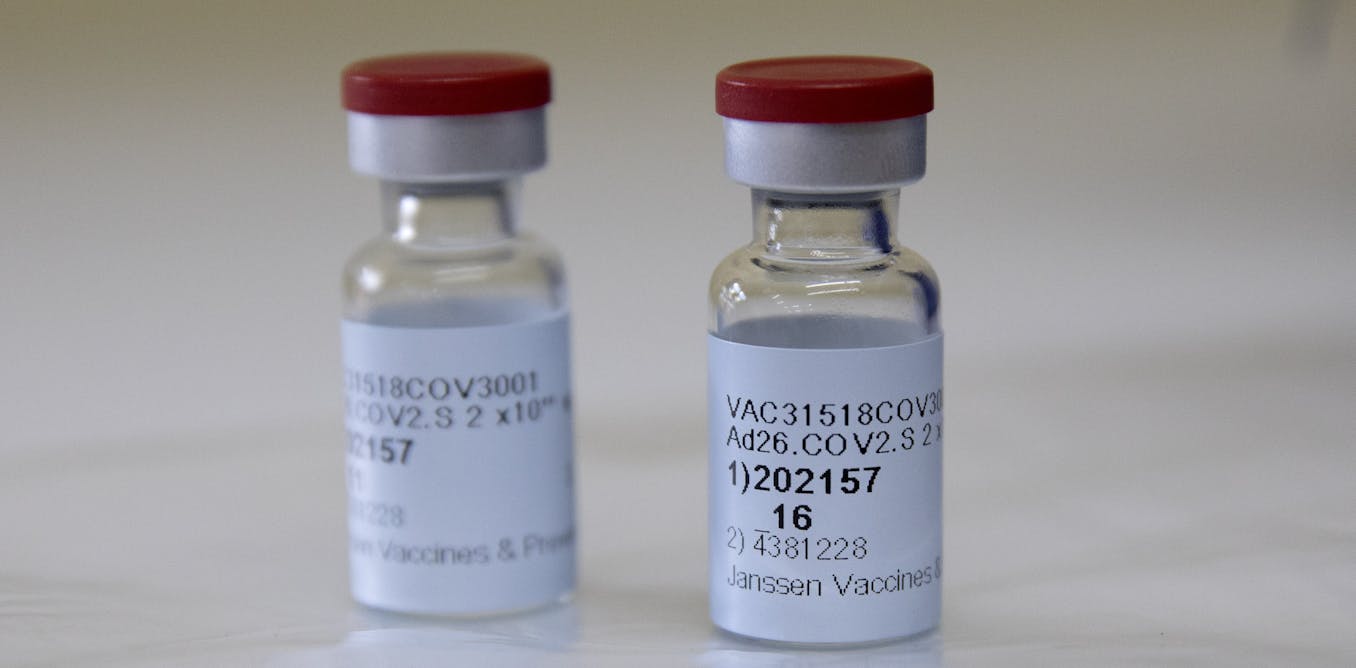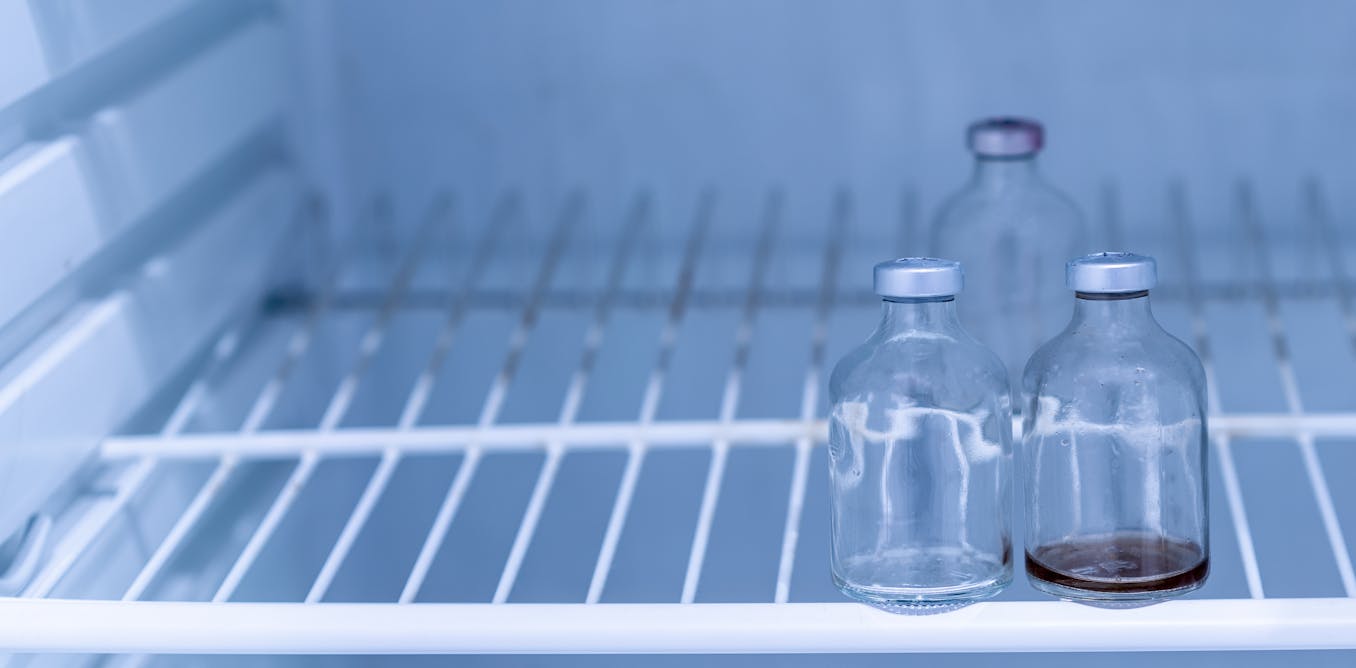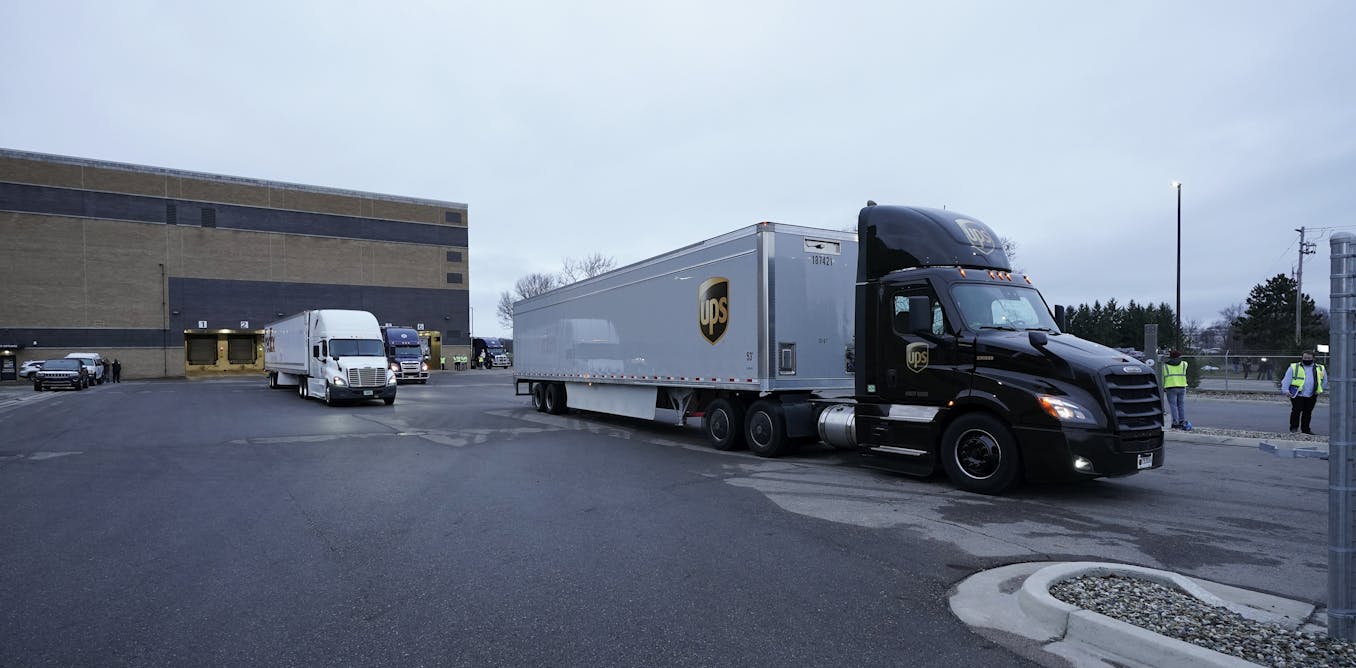How do mRNA vaccines work – and why do you need a second dose? 5 essential reads
So far, most vaccines in the US are mRNA vaccines. These represent a new technology and are likely to take over the vaccine world. But how do they work? What are their weaknesses? Five experts explain.
March 16, 2021 • ~6 min






